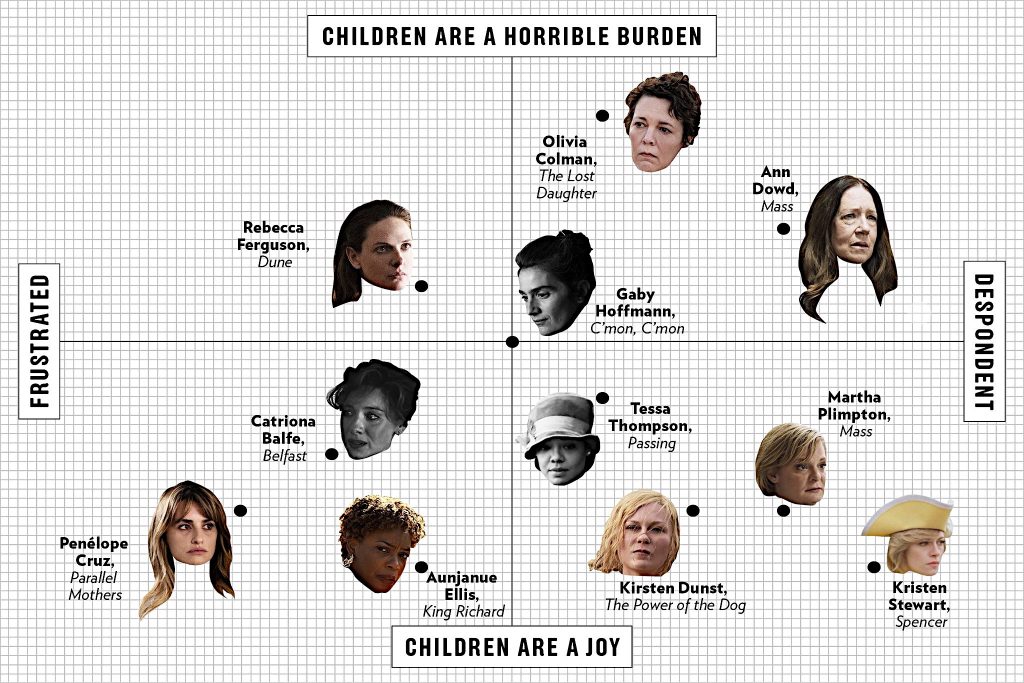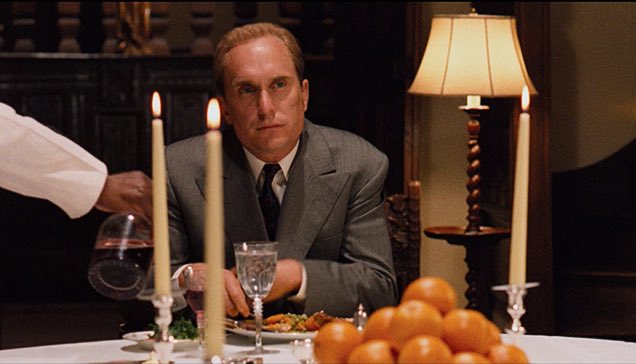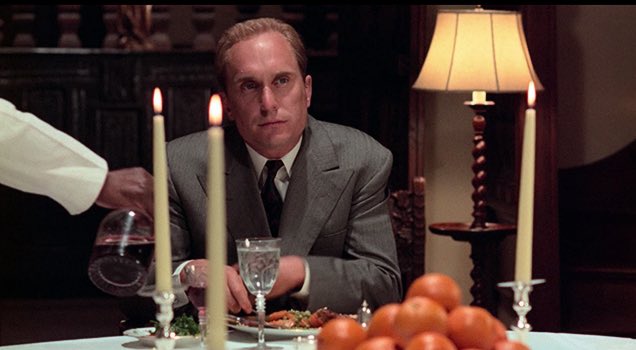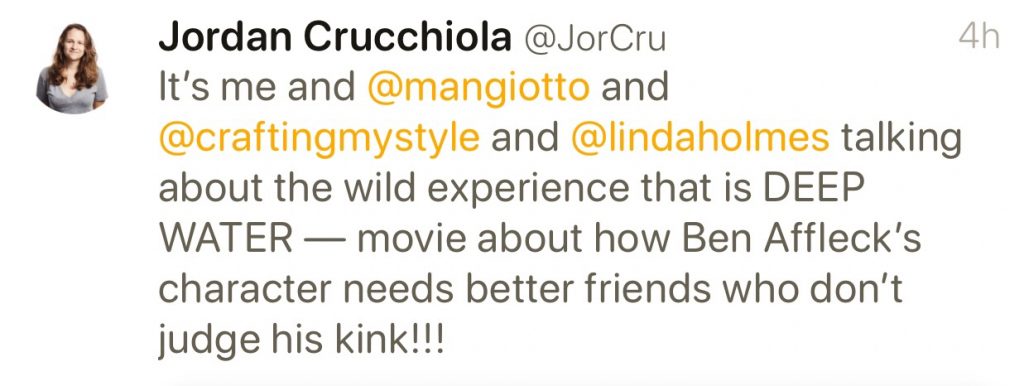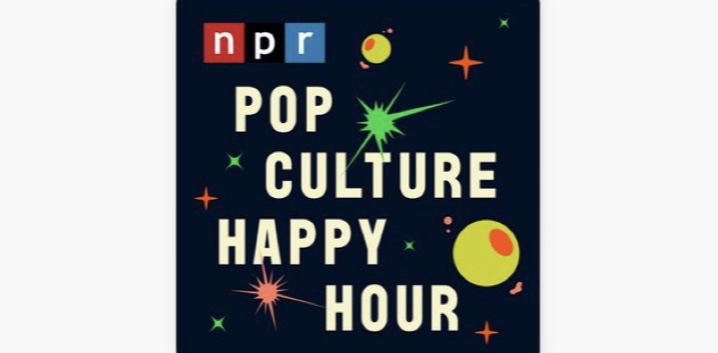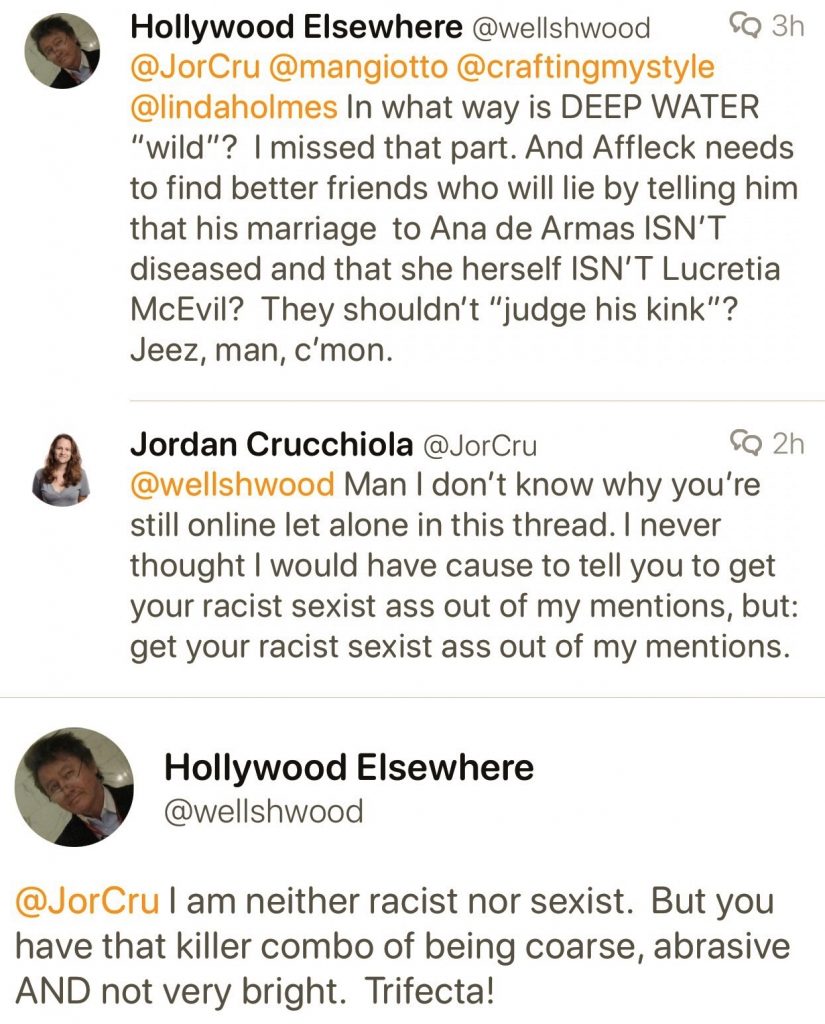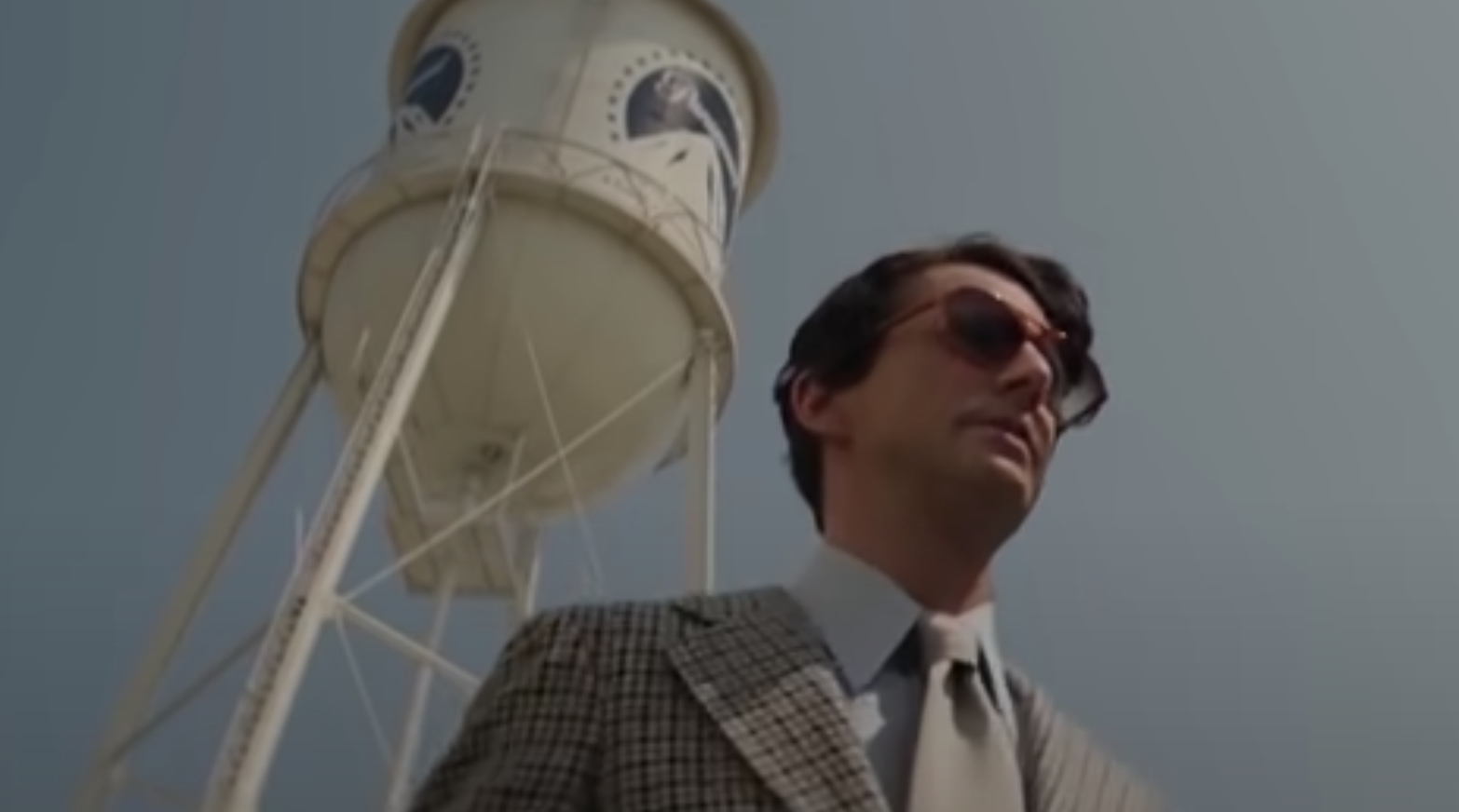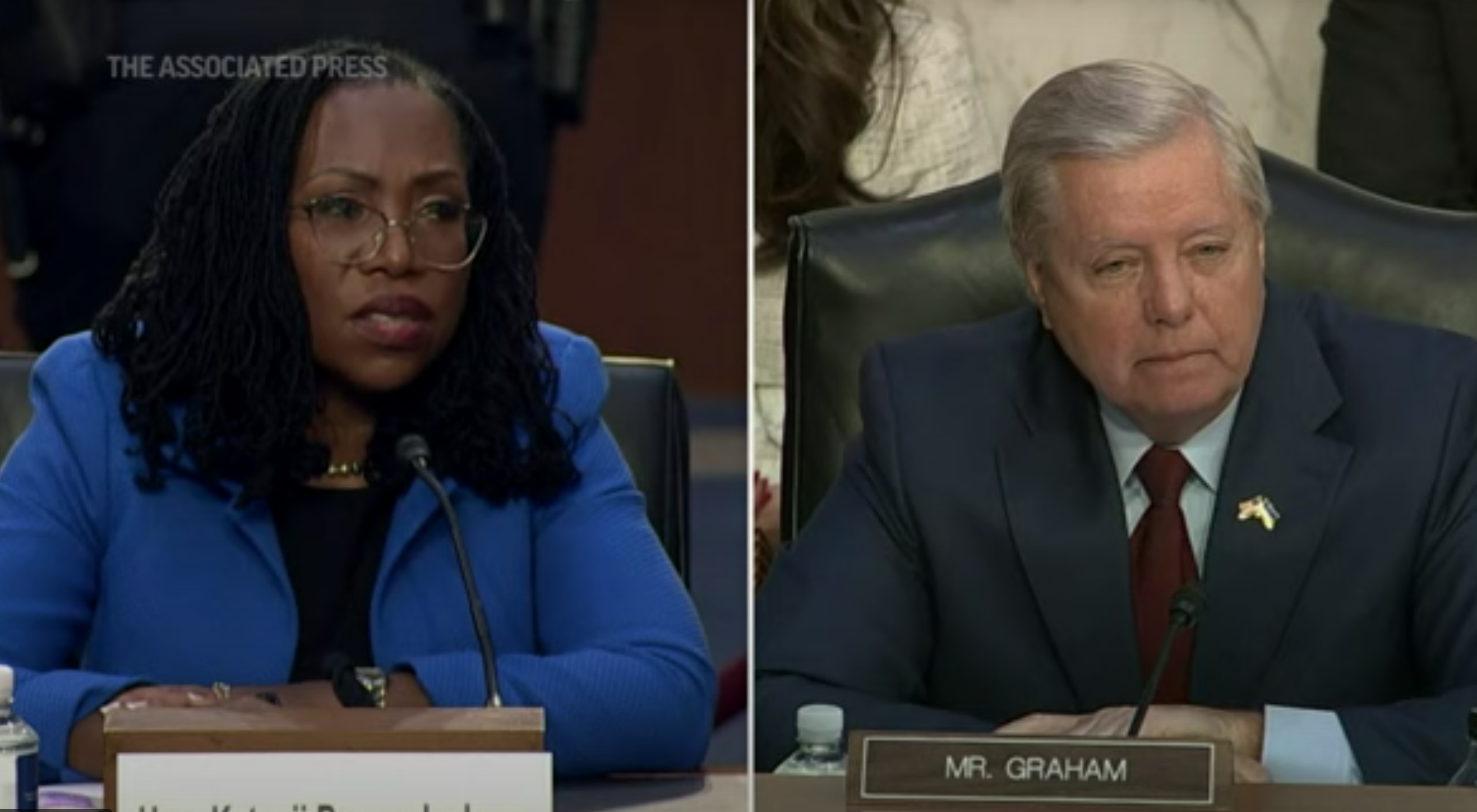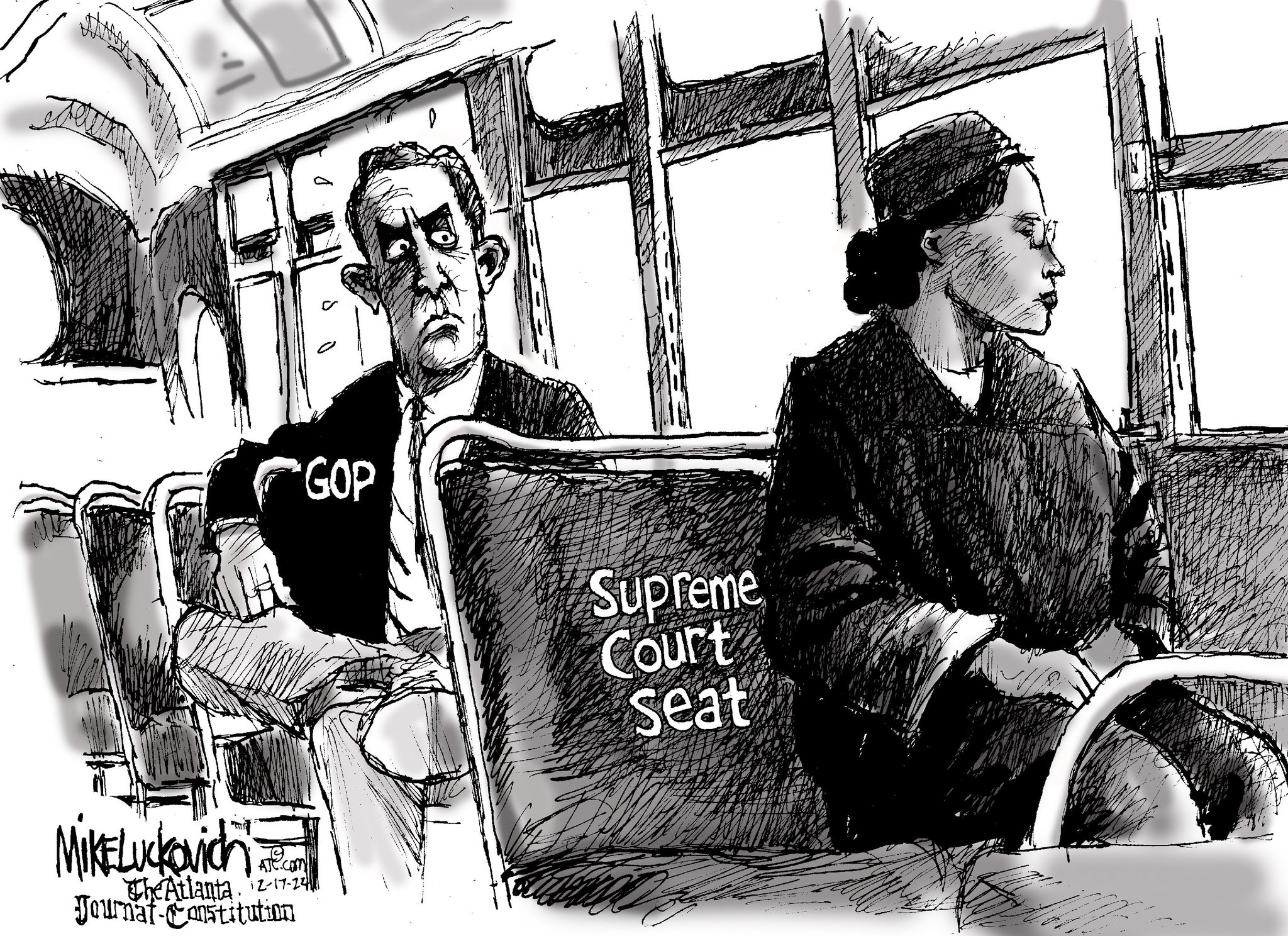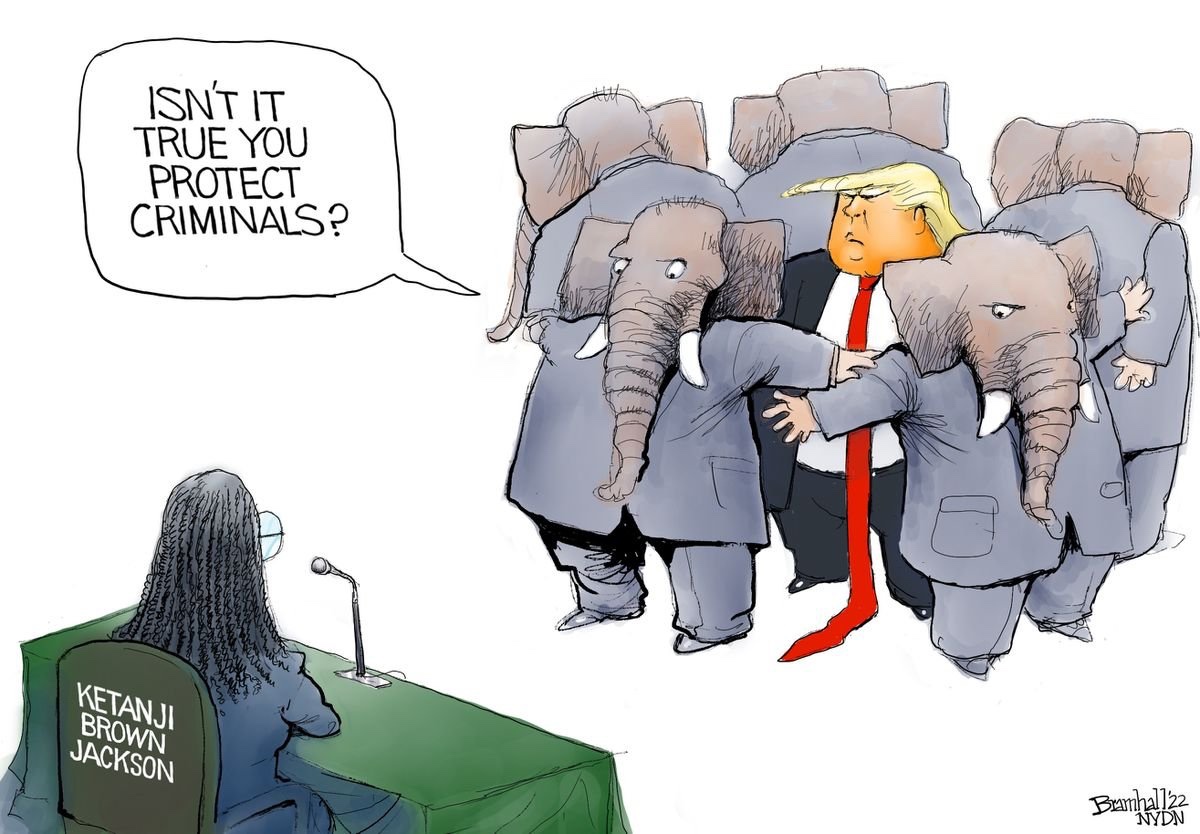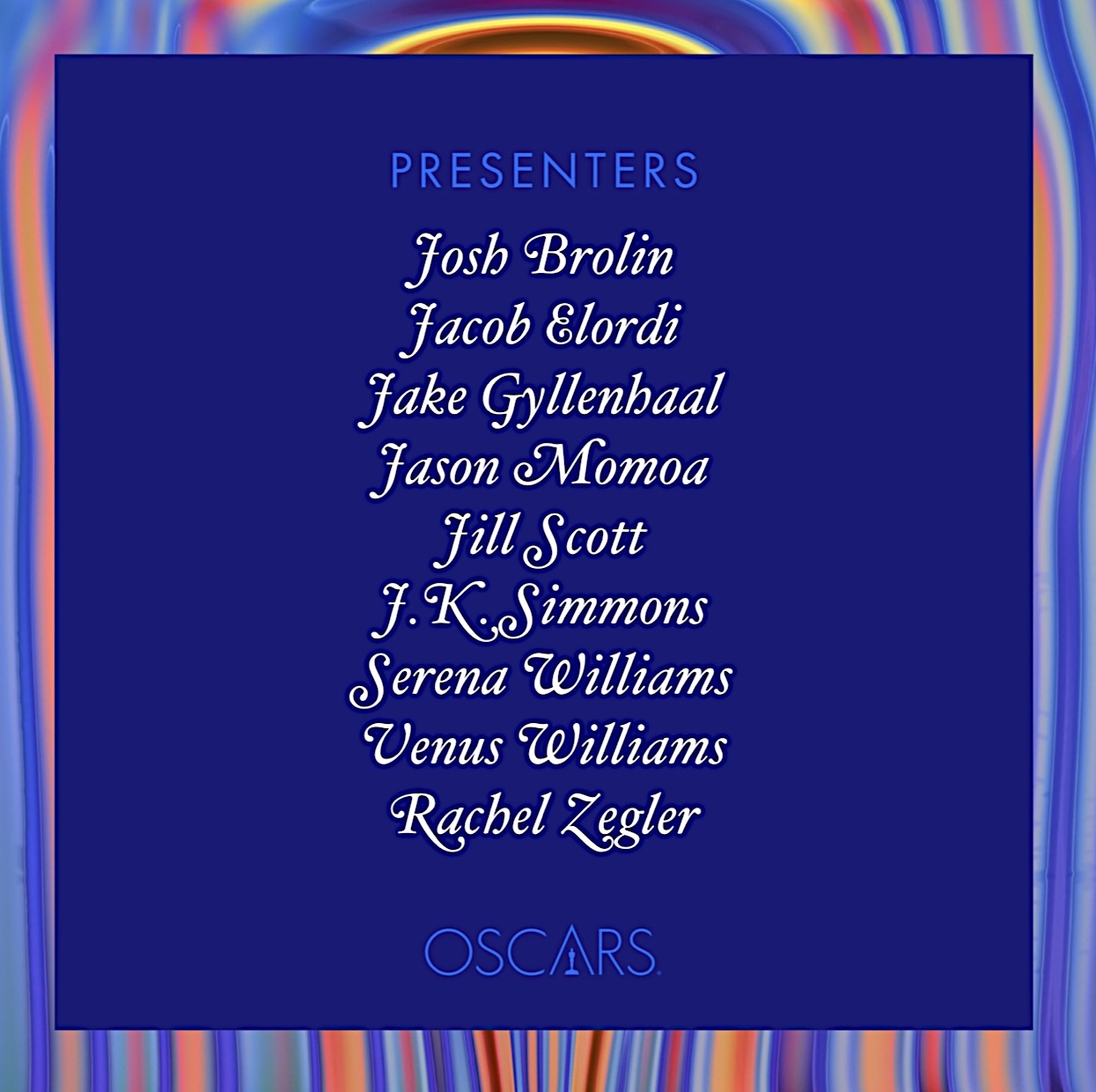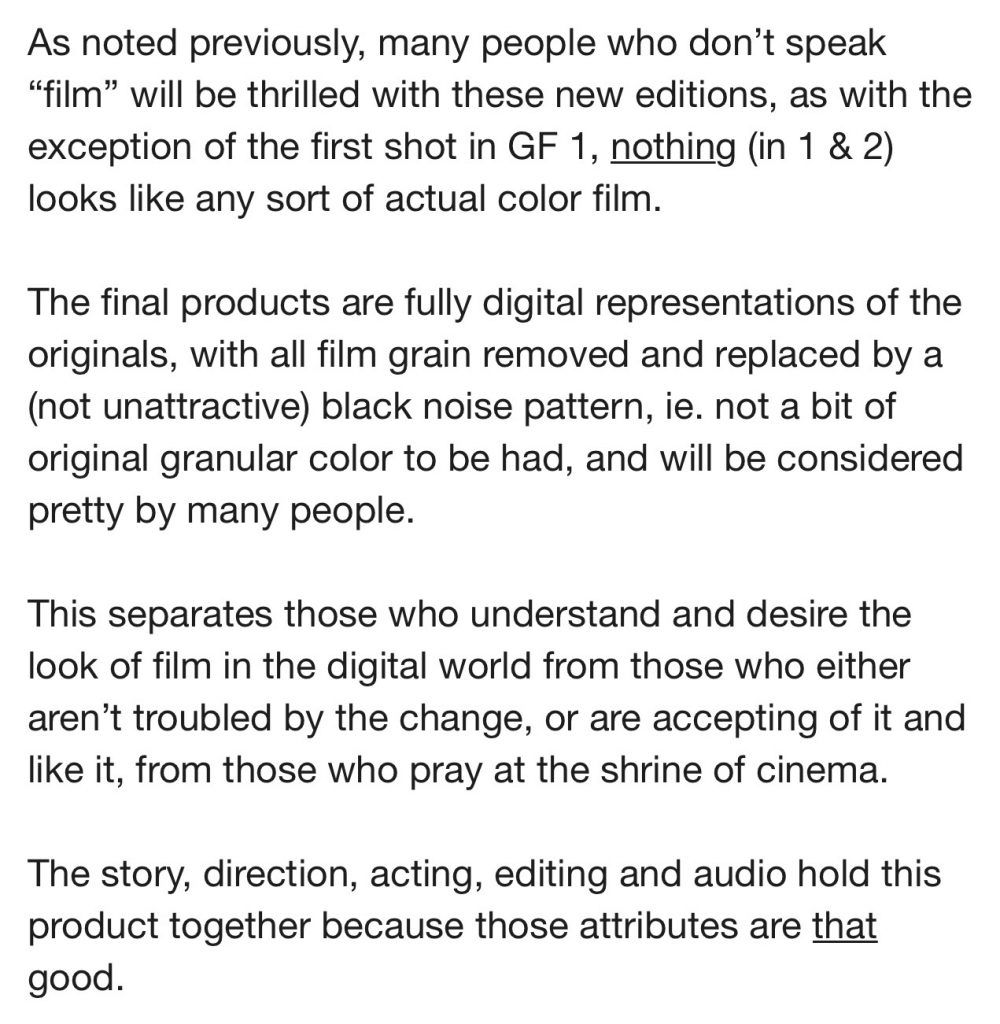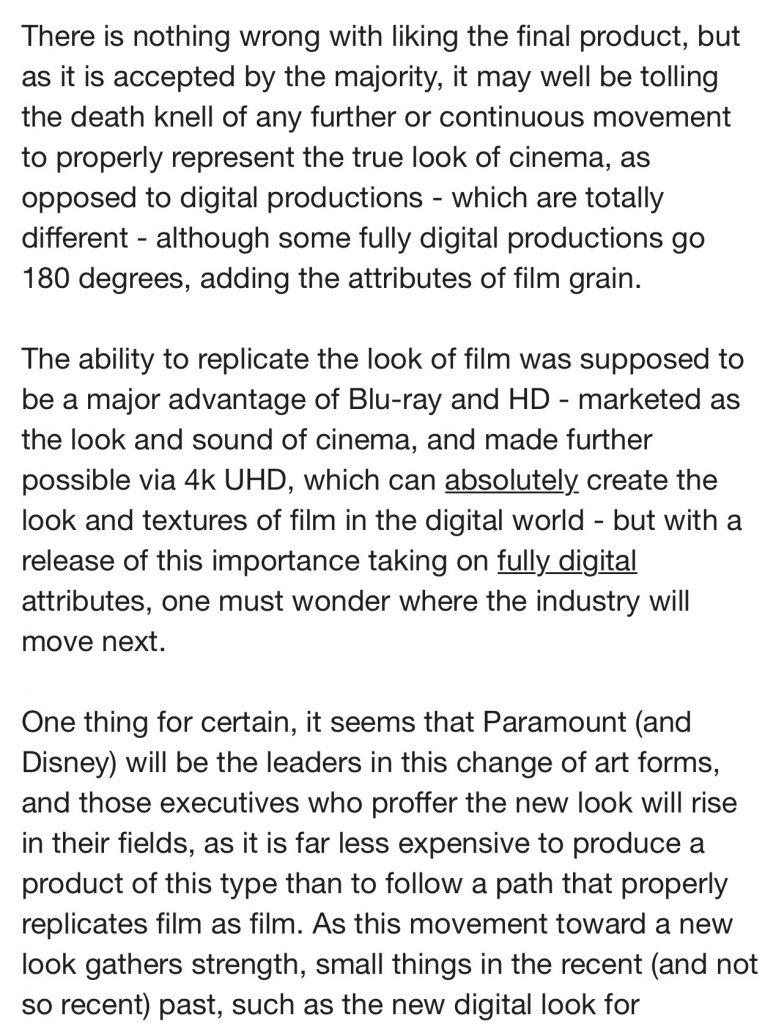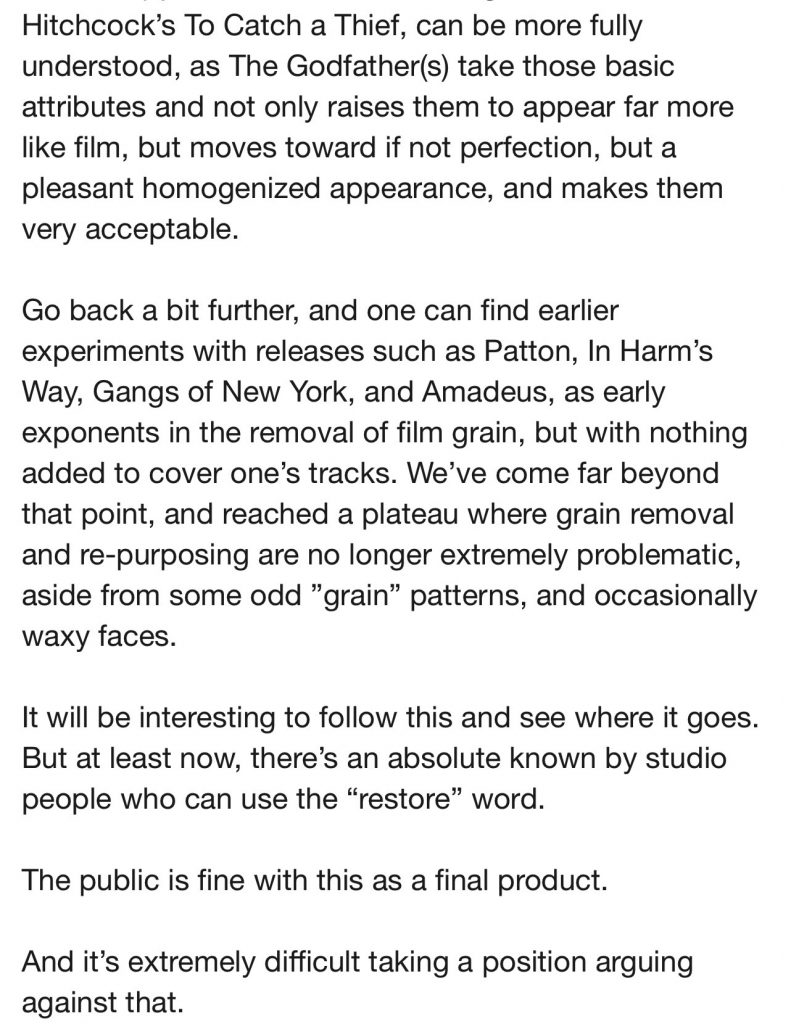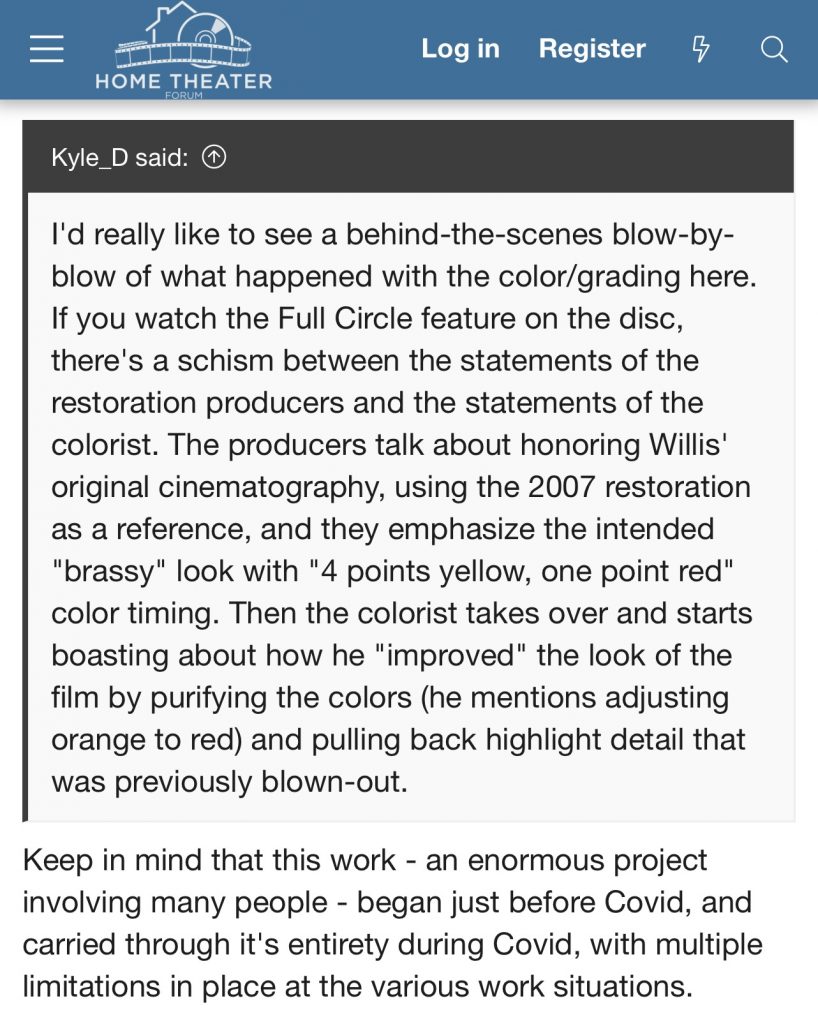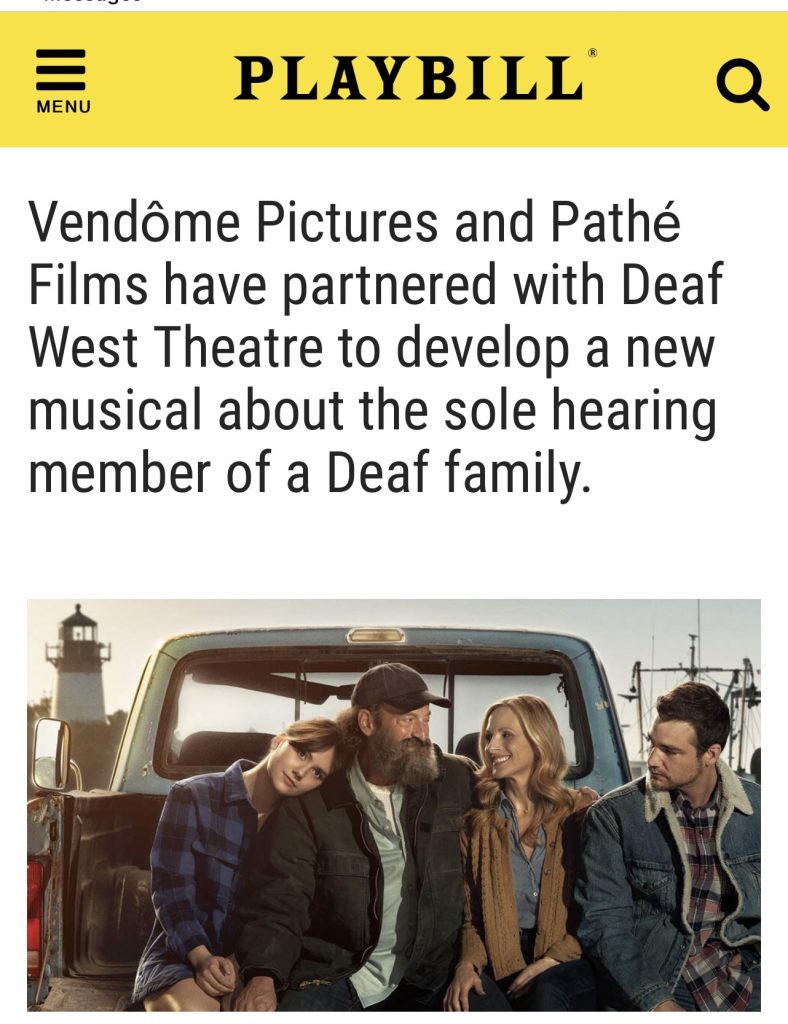A week ago I reported that I’d seen the first five episodes of Elizabeth Meriwether‘s The Dropout, and that as good as Amanda Seyfried‘s performance as the discredited tech fraudster Elizabeth Holmes was and is, “I kept asking myself ‘who would be stupid enough to go into business with this creepy character…a woman who, had she been born in the 1940s, could have played an alien on The Twilight Zone episode ‘To Serve Man’? Or Ray Walston‘s alien girlfriend in My Favorite Martian?”
“Meriwether’s dialogue is reasonably pro-level for the most part,” I said, “but I can only reiterate that I couldn’t believe in the story because I found it impossible to believe in Seyfried’s Holmes. She’s just too looney-tunes, too ‘off the planet.'”
I’ve since moved past that reaction. I saw episode #6 last night and now I’m mesmerized. I have to admit that the prospect of seeing this bizarre performance artist finally receive her just desserts over the final two episodes (“Heroes“, airing on 3.31 and “Lizzy“, 4.7) seems incredibly delicious. I can’t wait to see her go down, and yet five minutes ago I was afraid to admit this for fear of accused of being accused of harboring misogynist feelings. So just to be safe, I’m going to say…uhm, how should I put this?

